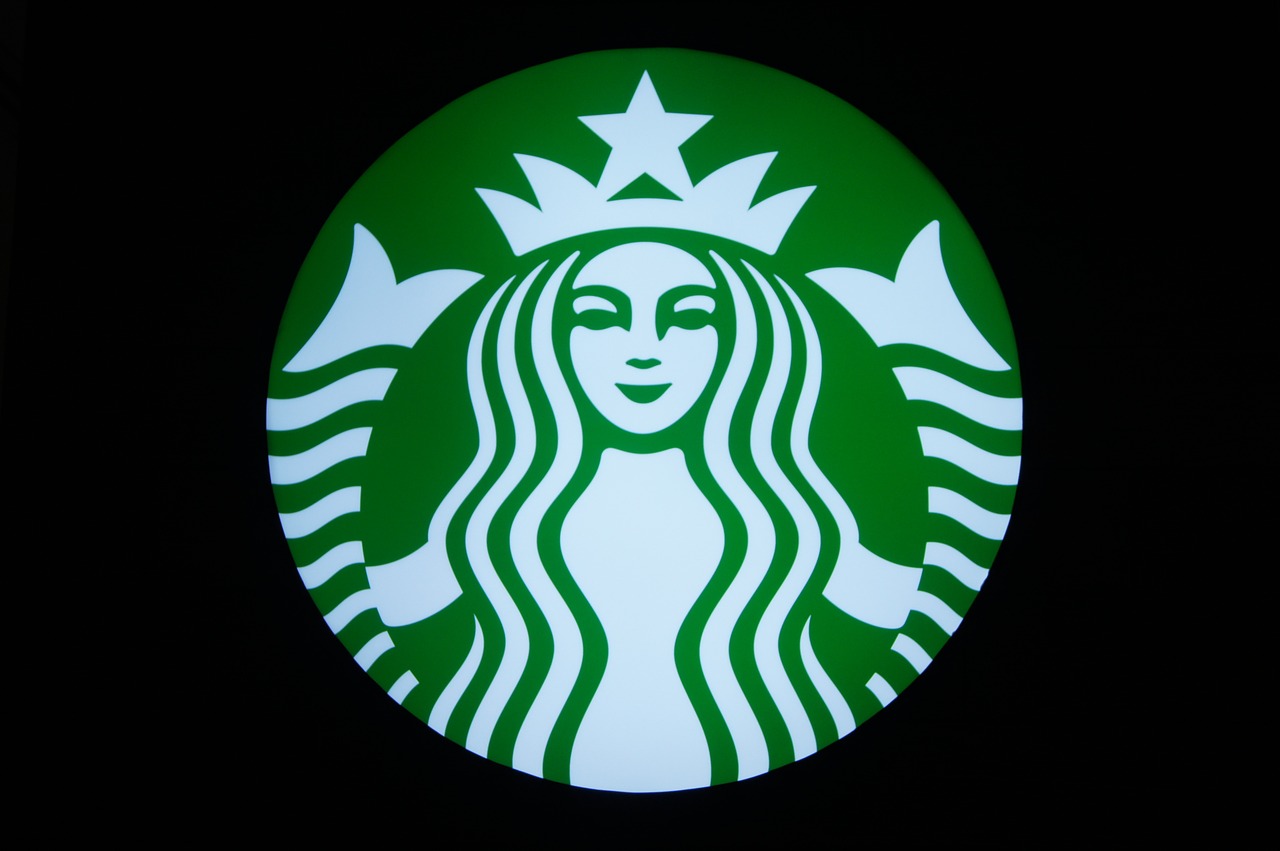A logo may not be a priority when you are on the cusp of starting your new business, but it should be! You might be thinking about pursuing a passion project or testing your concept, but might not be thinking about designing a new logo. Understandably, that makes sense with so many other things to think about. As launch date approaches, you will need to have a logo for websites, letterheads, and business cards, and you won’t be able to put it off for much longer.
A visual logo brings your idea to life
Not only that, but it also communicates in ways that words cannot. The importance of having a logo cannot be stressed enough. It gives your business a unique identity and puts a face on it. Moreover, it will ensure your brand becomes more memorable and lays a foundation for all your branding in the future. Your logo is the foundation stone and building block of your visual brand name and one of the best assets you can use to connect with a wide audience straightaway.
A logo gives your business an identity
A logo does not sell directly, it identifies with your product or service. The primary purpose of a business logo is to give your business, organisation, or group an identity. Think about how your potential customers will interact with your company for the first time. Is it via a website? Social Media? A physical outlet? A booth at an exhibition or conference? You will surely want to make a positive impact and favourable first impression. That is not easy to do with words alone. You need a flexible logo that can be used in small and larger spaces, thereby strengthening your business name and brand as well as providing a visual impact to your target customers.
Communicates your brand attributes
Your logo is the first image of your business people are likely to see. Although it isn’t necessary to display your exact products or services, it needs to clearly communicate your unique brand attributes and personality with visual prompts like colours, symbols, fonts, slogans and shapes. The logo should be adaptable across mediums in a clear, simple, and straightforward manner.
Make it stick
In today’s world, people interact with multiple brands every day, so you only have a couple of seconds to capture your target audience and stand out from the crowd. Your distinctive logo will make your business and brand much easier to recall and remember as people tend to memorise images quicker than words. Put yourself in your customers’ shoes. How will they view your logo on a poster, leaflet, website, social media, a mobile device screen or a sticker? Then think about how you want your customer to remember it.
Building trust and communicating professionalism
Building a name for your new business can be a challenge and instilling trust with new customers, investors or suppliers takes significant effort. People will assess your appearance before deciding to buy anything from you. A strong brand at the outset could inspire anyone who knows nothing about your business to start trusting and becoming interested in your products, or services and what you can deliver. It will help you build loyalty and gain clients.
Easier to persuade new clients to take a chance
Persuading someone to take a chance on your offerings when they are not 100% sure of you isn’t easy. A logo provides something tangible and a springboard for something to build on in the future. Although only superficial, your logo helps instil trust from the beginning. Whenever you send an email, submit a proposal, or even start a crowdfunding campaign, that is when your logo transmits its subliminal message, showing that you have invested time, money and energy into your project and it is real and happening.
Foundation for future branding
You will already have chosen colours and fonts for your logo which can then be used for any other design decision down the line, which allows you to move on to other branding decisions more confidently as you will already have chosen the key fonts and colours. Your website will likely use the same brand colours incorporated into its design. You can easily refer to your own brand guidelines to get the unique HEX codes that were used in your colour palette. If your logo does not have a typeface applicable to body copy or headings, its unique style and fonts give you a solid basis for making those crucial decisions. Furthermore, it will help you to create offline and online branded assets. By investing in a logo that you love, you can check off many tasks from your ‘to do’ list, and outsource the rest as required. That offers something to attach meaning to later. A logo is essentially an empty vessel that you have to pour your meaning into, which is the essence of your business.

